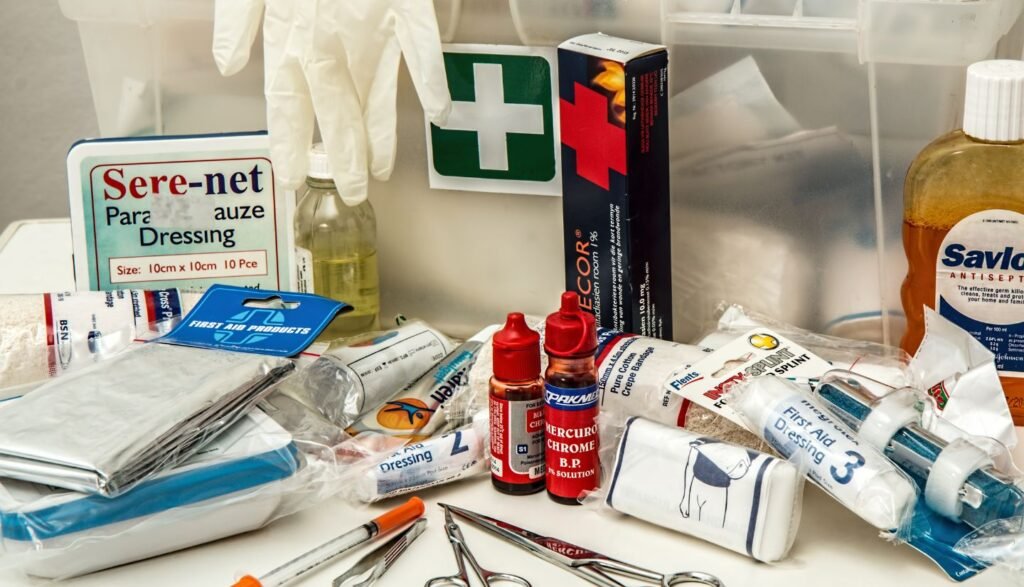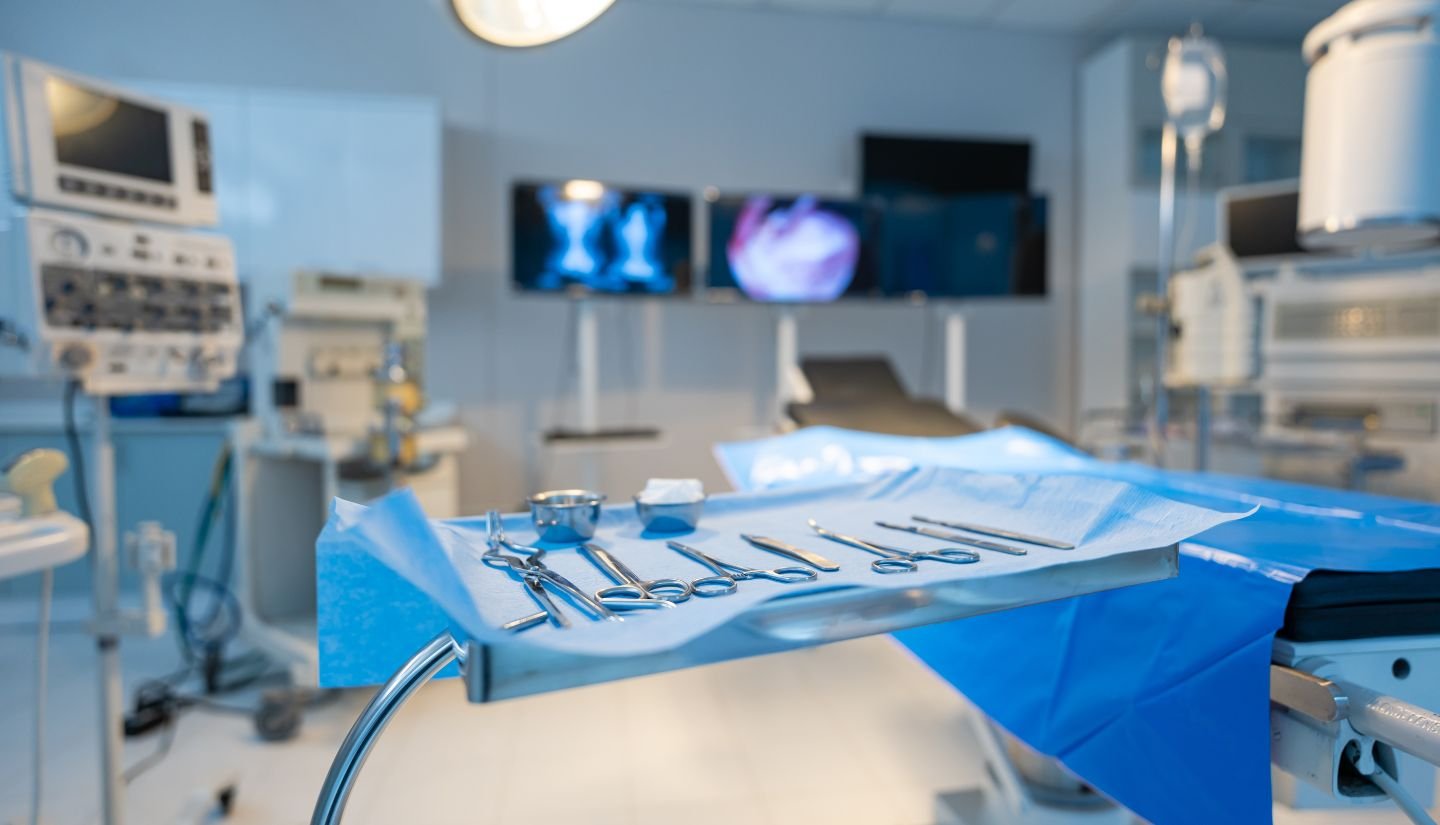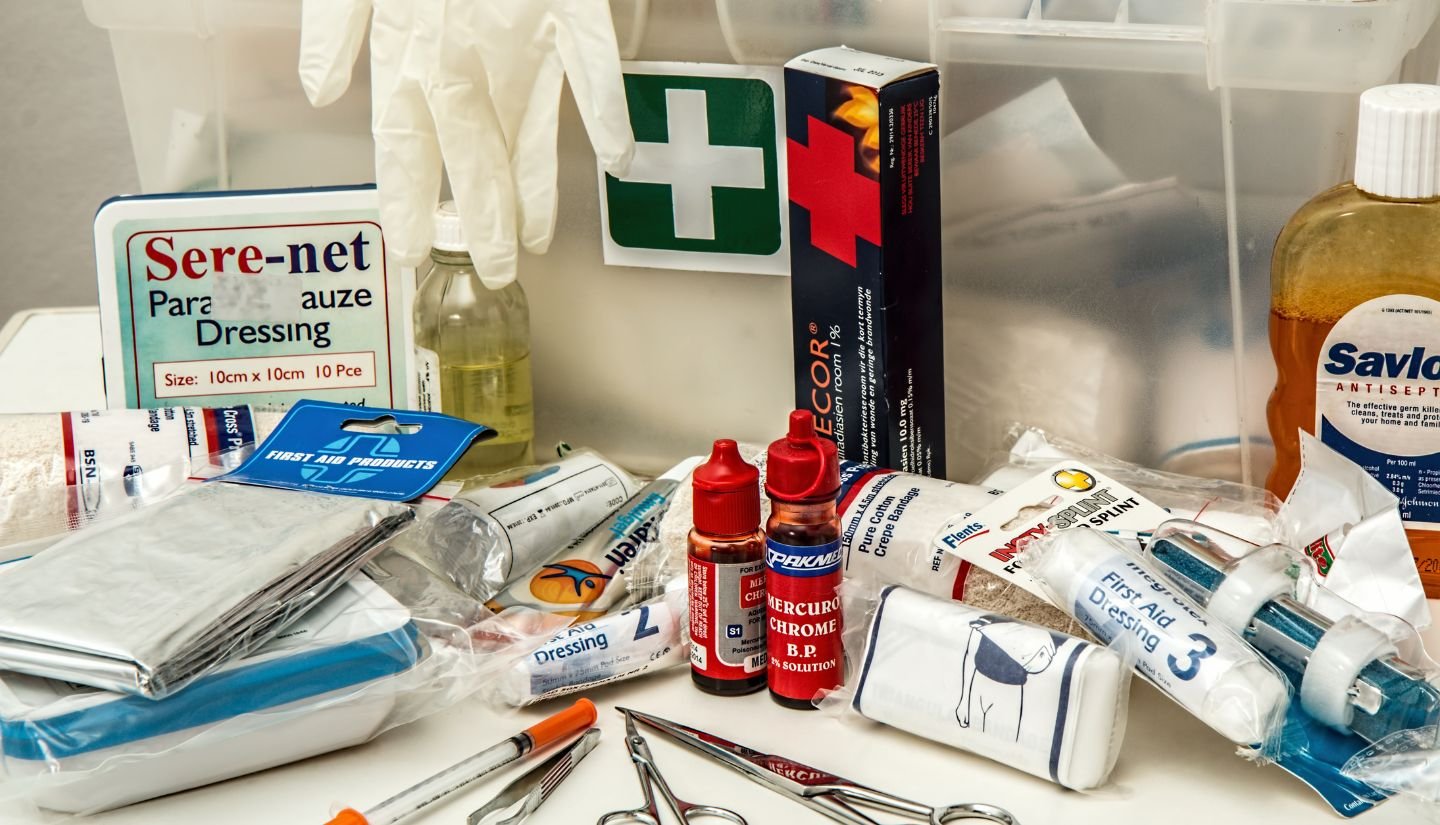1. Introduction
In healthcare and laboratory settings, the right supplies can save lives. Whether it’s a routine check-up, a critical surgery, or research work in a lab, medical professionals rely on a consistent flow of quality equipment and consumables. A single delay or a substandard product can have severe consequences, not only for operations but also for patient safety.
This is why choosing the right supplier is not just a procurement decision—it’s a strategic partnership. The right partner ensures timely deliveries, maintains product quality, provides competitive pricing, and adapts to your changing needs. On the other hand, unreliable suppliers can cause delays, increase costs, and compromise care.
In this detailed guide, we’ll explore what to look for when selecting a medical and lab equipment supplier, common pitfalls to avoid, and how companies like Surgical Solx support businesses with reliable, certified supplies.
2. Understanding Your Supply Needs
Before you choose a supplier, you need clarity on your own requirements. Many procurement mistakes happen simply because healthcare providers don’t assess their short-term and long-term needs properly.
Key Considerations:
- Daily Requirements: High-usage consumables such as gloves, masks, swabs, syringes, and vacutainer tubes.
- Specialized Equipment: Items needed for diagnostics, surgeries, or intensive care, such as catheters, suction devices, or endotracheal tubes.
- Emergency Stock: Backup supplies for unexpected surges in patient numbers or unforeseen delays.
- Compliance & Standards: Ensuring every product aligns with medical safety and regulatory requirements.
For example, a small clinic may prioritize basic consumables at affordable costs, while a large hospital requires bulk supplies of protective wear, diagnostic consumables, and surgical disposables. Labs often demand precision tools, sterile containers, and consistent batches of reagents.
👉 At Surgical Solx, we cater to both small and large institutions by aligning supply solutions with specific needs—whether it’s everyday consumables or specialized supplies sourced from certified manufacturers.
3. Key Qualities of a Reliable Medical Supplier
Selecting a supplier is much more than comparing prices. Below are the most important qualities you should evaluate:
a. Quality Assurance & Certifications
A reliable supplier guarantees certified and compliant products (CE, ISO, FDA-approved). This ensures patient safety and avoids legal or regulatory issues.
b. Consistent On-Time Delivery
Medical environments cannot tolerate stock-outs. Your supplier must demonstrate proven logistics capabilities and timely delivery commitments.
c. Competitive & Transparent Pricing
Hidden costs, irregular price hikes, and vague billing practices are red flags. Look for suppliers with transparent pricing models and the flexibility to support bulk purchasing.
d. Wide Product Range
A good supplier reduces the need for multiple vendors. From protective wear (gowns, masks, gloves) to consumables (syringes, tubes, bandages) and specialized equipment, the broader the portfolio, the better.
e. Strong Customer Support
Dedicated account managers and responsive support can make a world of difference when urgent issues arise.
f. Scalability & Flexibility
Healthcare needs fluctuate. Suppliers must scale from small batches to bulk orders quickly and efficiently.
👉 Surgical Solx checks these boxes by sourcing from certified manufacturers, offering dedicated account management, and ensuring on-time delivery, so healthcare professionals can focus on patient care rather than supply chain problems.
4. Comparing Local vs International Suppliers
Both local and international suppliers have advantages:
- Local Suppliers: Faster deliveries, easier communication, familiarity with regulations.
- International Suppliers: Access to advanced technologies, potentially lower costs, larger variety.
The best approach is often hybrid sourcing—combining the agility of local suppliers with the depth and variety of international manufacturers.
👉 Surgical Solx bridges this gap by working with both local and global certified manufacturers, ensuring clients enjoy the best of both worlds.
5. Evaluating Supplier Reliability
Before committing, procurement managers should test supplier credibility. Some strategies include:
- Checking customer reviews, testimonials, and references.
- Clarifying MOQ (Minimum Order Quantity) for different items.
- Requesting sample batches for testing.
- Auditing supply chain operations if possible.
- Negotiating payment terms, replacement policies, and guarantees.
👉 Surgical Solx’s proven track record and strong client testimonials make it a trusted partner for hospitals, labs, and clinics.
6. Building Long-Term Supplier Relationships
The most successful healthcare providers don’t just buy from suppliers—they partner with them. Building a long-term relationship ensures:
- Better pricing agreements.
- Priority in emergency supply situations.
- Streamlined communication and reduced procurement effort.
- More tailored service (e.g., dedicated account management).
👉 Surgical Solx emphasizes partnerships by assigning dedicated account managers, ensuring clients never face disruptions in supply.
7. Red Flags to Avoid in a Supplier
Sometimes, it’s easier to recognize the wrong supplier than the right one. Watch out for:
- Unverified certifications or lack of compliance.
- Frequent delivery delays without valid reasons.
- Hidden fees and inconsistent pricing.
- Poor communication and lack of support.
- Limited product range with no adaptability to your needs.
Avoiding these pitfalls ensures smoother procurement and safer patient care.
8. Case Study Style Examples
Let’s compare two scenarios:
- Small Clinic: Needs limited consumables but demands reliability. Partnering with a supplier like Surgical Solx ensures no risk of stock-outs.
- Large Hospital: Requires bulk supplies across multiple categories. A supplier with a wide range and strong logistics (like Surgical Solx) helps streamline the process with fewer vendors and more predictable deliveries.
9. Final Checklist Before Choosing Your Supplier
Here’s a quick checklist to follow:
- ✅ Are products certified (CE, ISO, FDA)?
- ✅ Does the supplier deliver consistently on time?
- ✅ Is pricing transparent and competitive?
- ✅ Do they offer a wide range of products?
- ✅ Is there strong after-sales and account support?
- ✅ Can they scale with your growing needs?
➡ Check Out Our Product Categories
10. Conclusion
Choosing the right medical and lab equipment supplier is one of the most important strategic decisions for any healthcare provider. A reliable partner not only ensures smooth operations but also plays a direct role in patient safety and organizational efficiency.
👉 At Surgical Solx, we’re committed to being that partner. By sourcing from certified manufacturers, offering scalable supply solutions, and ensuring on-time deliveries, we help healthcare facilities focus on what matters most—patient care and better outcomes.



